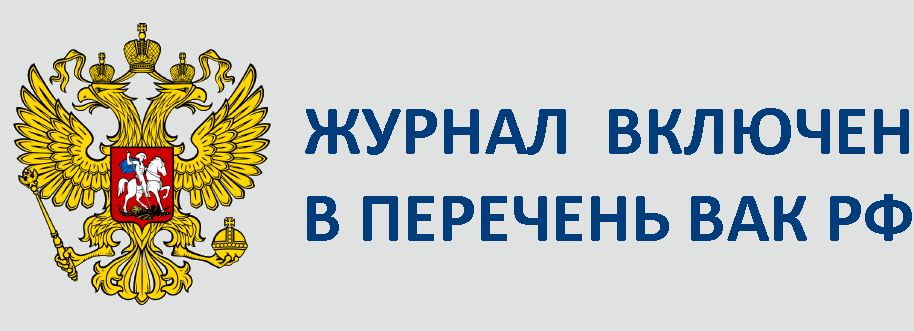№4-2024-19
DOI:10.22281/2413-9912-2024-08-04-149-154
Terekhov O.E., Terekhova O.N.
N. ELIAS’S CONCEPT OF WESTERN EUROPEAN ABSOLUTISM: FROM ECONOMIC
TO SOCIOCULTURAL TRANSFORMATION
The article deals with the concept of Western European absolutism of the German sociologist Norbert Elias. The relevance of the topic is due to the fact that Elias belongs to the founders of historical sociology, a popular trend in humanitarian studies of the second half of the 20th century, which repeatedly turned to the study of the problems of the genesis of absolutism. The relevance is also connected with the fact that Elias is rightly considered one of the founders of the sociocultural approach in the study of the problems of Western European absolutism. Elias’s approach to analyzing absolutism, his concept was not something predetermined. And if in his early scientific work Elias focuses on economic, primarily monetary and financial prerequisites of absolute monarchy, then, as his views evolved, he gradually shifted the emphasis to socio-cultural factors of its development. Elias concludes that as the structure of Western European society became more complex during the genesis of absolutism and the military revolution of the early modern period, the creation of a system of state taxation, and the ruin of the nobility, the importance of economics gradually diminished and the role of sociocultural parameters increased. Society forms complex, vertically and horizontally interconnected structures, figurations in Elias’s terminology. Its social, cultural, etc. demands also become more complex. At the center of this process is the king, the royal court and court society. Using the example of the evolution of the socio-cultural image of the French royal court of the absolutist era, Elias shows how this process, which gave rise to the formation of modern society, takes place.
Keywords: Norbert Elias, Western European absolutism, historical sociology, figuration, court societies.
Кемеровский государственный университет (Россия), E-mail: terehov1968@mail.ru
Kemerovo State University (Russia).
Читать статью (pdf-файл)
Это произведение доступно по лицензии Creative Commons «Attribution-ShareAlike» («Атрибуция — На тех же условиях») 4.0 Всемирная






